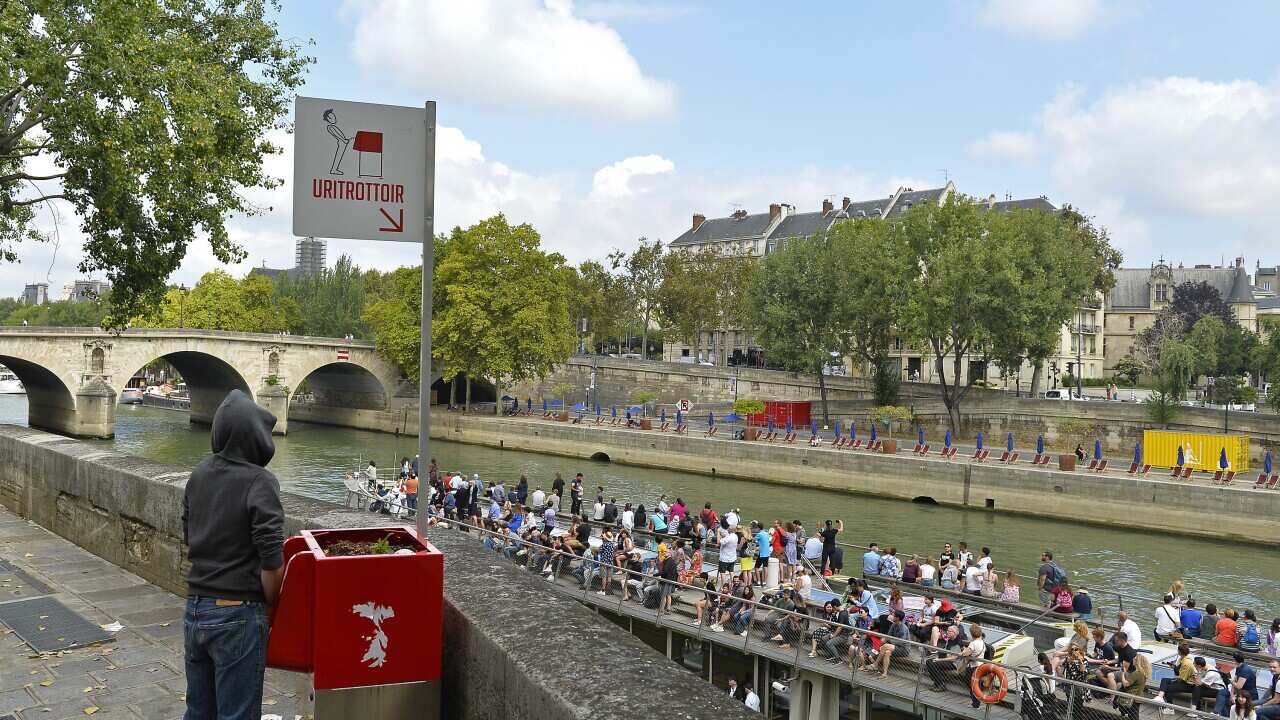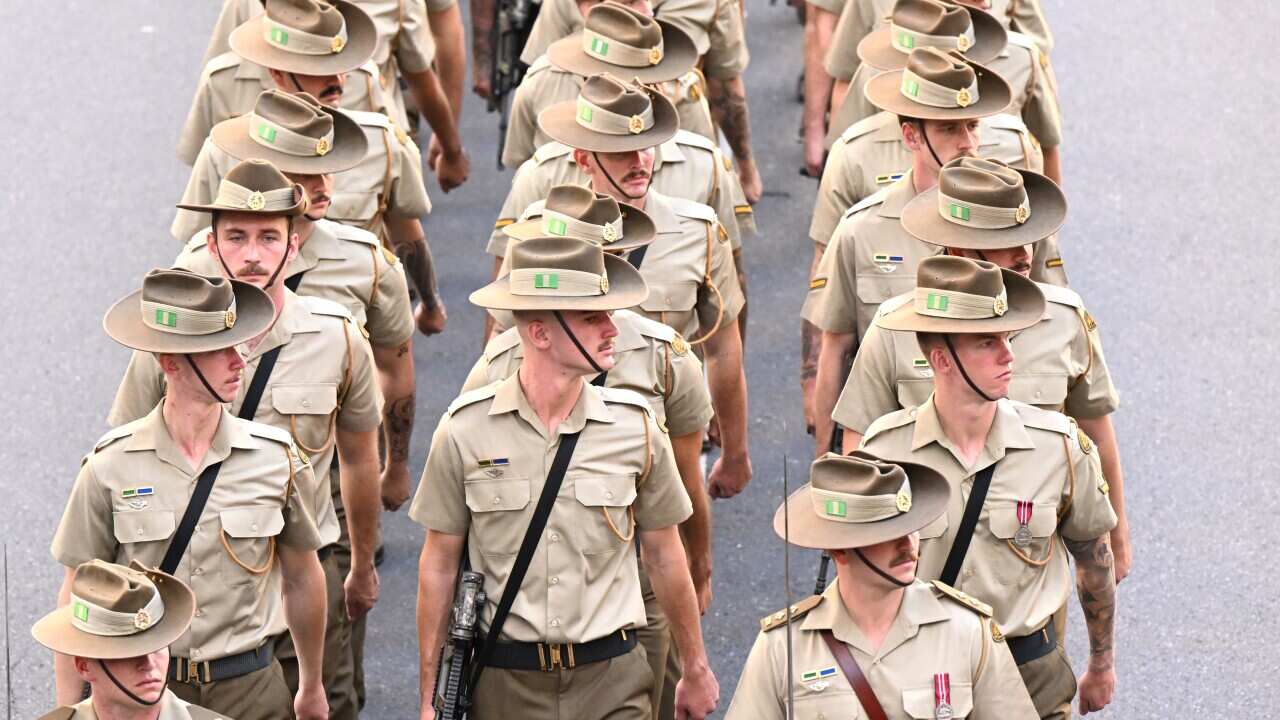TRANSCRIPT
“The question is that motion A be agreed to. As many are of that opinion will say content. Contrary not content. The contents have it.”
A late night session in the UK's House of Lords to debate a controversial bill which aims to tackle illegal migration.
The Rwanda bill has finally been approved by Parliament, after two years of legal battles and political wrangling.
It's designed to deter migrants from crossing the Channel in small boats, with flights now expected to take asylum seekers to Rwanda in 10-12 weeks.
Prime Minister Rishi Sunak has blamed the delay in passing the bill on the Labour party.
“This is one of the most complex operational endeavours the Home Office has carried out. But we are ready, plans are in place and these flights will go come what may. No foreign court will stop us from getting flights off. Rwanda is ready too and I'd like to thank the government of Rwanda for their work in strengthening their asylum system, passing legislation and setting up a new appeals tribunal.”
Although Mr Sunak says he won't outline the exact operational details of the plan, he says the government has made specific preparations.
“There is a loud minority who will do anything to disrupt our plan. So we will not be giving away sensitive operational detail which could hinder all the progress made to date. Teams across government need to be able to get on and deliver without interference. They are working flat out to deliver this genuine game changer. The first flight will leave in 10 to 12 weeks. Now, of course, that is later than we wanted but we have always been clear that processing will take time.”
Legislation clearing the way for the flights to take off had been stalled by a standoff between the Lords and the elected House of Commons for more than two months.
But Lord Vernon Coaker, opposition home affairs spokesman in the Lords, says they will no longer stand in the way of the bill.
“The serious point I'm making about the way that the political system operates in this country should be a cause for us to reflect on that. With respect to this bill, although we fundamentally disagree with it, it has worked reasonably well. The government now own the bill. The government will see whether it will work or not. We've arrived at a position where we've made certain demands and one by one they've been overturned by the government to be left with two changes, which I think are important.”
The parliamentary stalemate was just one of many attempts to delay implementation of a plan which has been repeatedly blocked by a series of court rulings and opposition from human rights activists.
Migrant advocates have vowed to continue the fight against the bill, saying its illegal and inhumane.
Director of Detention Action on the Rwanda bill James Wilson says the public shouldn't focus on what's happening in parliament, rather that it's about people's lives.
“We don't believe that seeking a deterrent is the right approach. These are desperate people who are taking the only route that they believe is open to them to get to somewhere safe. So rather than trying to deter people, the government needs to think about why people are taking that journey. And I would say that's clear. People are taking an unsafe route to the UK, principally and often unsafe to cross the Channel because there are, in the vast majority of cases, there are no safe routes to take. What the government should be doing, and we've been saying this for the last two years, and indeed much longer than that the government needs to create new safe routes to get to the UK.”
The number of migrants arriving in the UK on small boats soared to almost 46,000 in 2022 from just 299 four years earlier.
Last year, small boat arrivals dropped to 29,437 as the government strengthened measures toward people smugglers.
Professor of Politics at Queen Mary College at the University of London Tim Bale says the prospect of further court challenges seems likely despite language in the bill meant to counter that.
“I would be very sceptical, however, as to the extent to which this will be some kind of magic bullet and will allow the conservatives to pull things around before the next election. To be honest, immigration is important for would-be conservative voters, but there are not that many of them left, and for the bulk of the electorate, what happens to the National Health Service and the economy is far more important.”
Although the Rwanda bill has been formally passed, it's not yet law and will need Royal Assent to become a statute.













